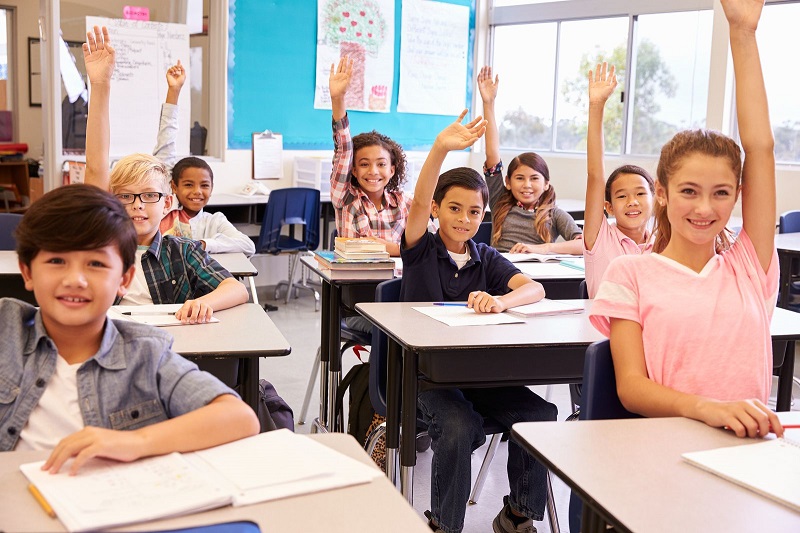Traditional schooling norms have long been the standard approach to education, but as society evolves and our understanding of learning deepens, many are beginning to question whether these norms are still serving us well. In recent years, alternative forms of education have gained momentum as parents and educators seek new ways to support children’s growth and development.
One key aspect of traditional schooling that is being challenged is the rigid curriculum that often leaves little room for individualized learning. In a typical classroom setting, students are expected to learn at the same pace and in the same way, regardless of their unique strengths, interests, or challenges. This one-size-fits-all approach can leave many students feeling disengaged or left behind.
Alternative schools offer a more flexible and personalized learning experience that allows students to explore subjects they are passionate about while also receiving support in areas where they may struggle. By tailoring education to each student’s needs and interests, alternative schools can foster a love of learning that extends beyond the classroom.
Another aspect of traditional schooling that is being reevaluated is the emphasis on grades and standardized testing as measures of success. While grades can be helpful in providing feedback on a student’s performance, they do not always reflect a student’s true abilities or potential. Standardized tests also have limitations in accurately assessing a student’s knowledge and skills.
Alternative schools often take a more holistic approach to assessment, focusing on project-based learning, portfolios, self-assessments, and peer evaluations. By encouraging students to demonstrate their understanding through various methods rather than relying solely on exams, alternative schools can better capture the depth and diversity of each student’s achievements.
Furthermore, traditional schooling norms tend to prioritize academic achievement above all else, sometimes at the expense of social-emotional development. The pressure to excel academically can lead to high levels of stress and anxiety among students, impacting their overall well-being.
Alternative schools recognize the importance of nurturing not only academic skills but also social skills such as empathy, communication, collaboration, creativity, and critical thinking. Through experiential learning opportunities like community service projects or internships, students can develop important life skills that go beyond what textbooks alone can provide.
In conclusion,
Letting go of traditional schooling norms does not mean dismissing everything we know about effective education; instead it means recognizing that there are different paths to achieving success for every child. Alternative schools offer innovative approaches that prioritize individualized learning experiences tailored to each student’s needs while fostering creativity,
critical thinking,and emotional intelligence.
By embracing these alternative models,society has an opportunity
to create educational environments where all learners
can thrive,grow,and reach their full potential.

Leave a comment